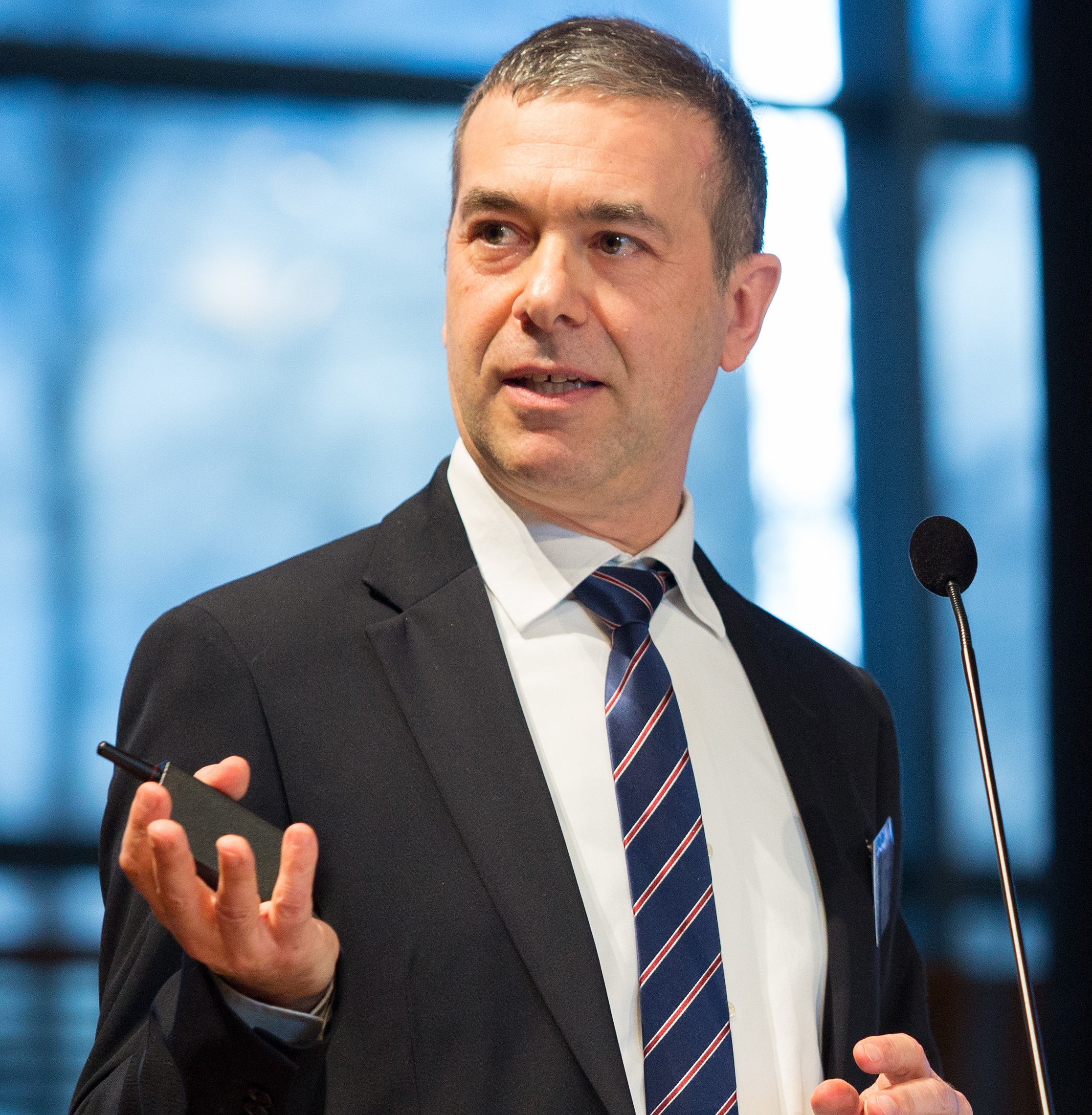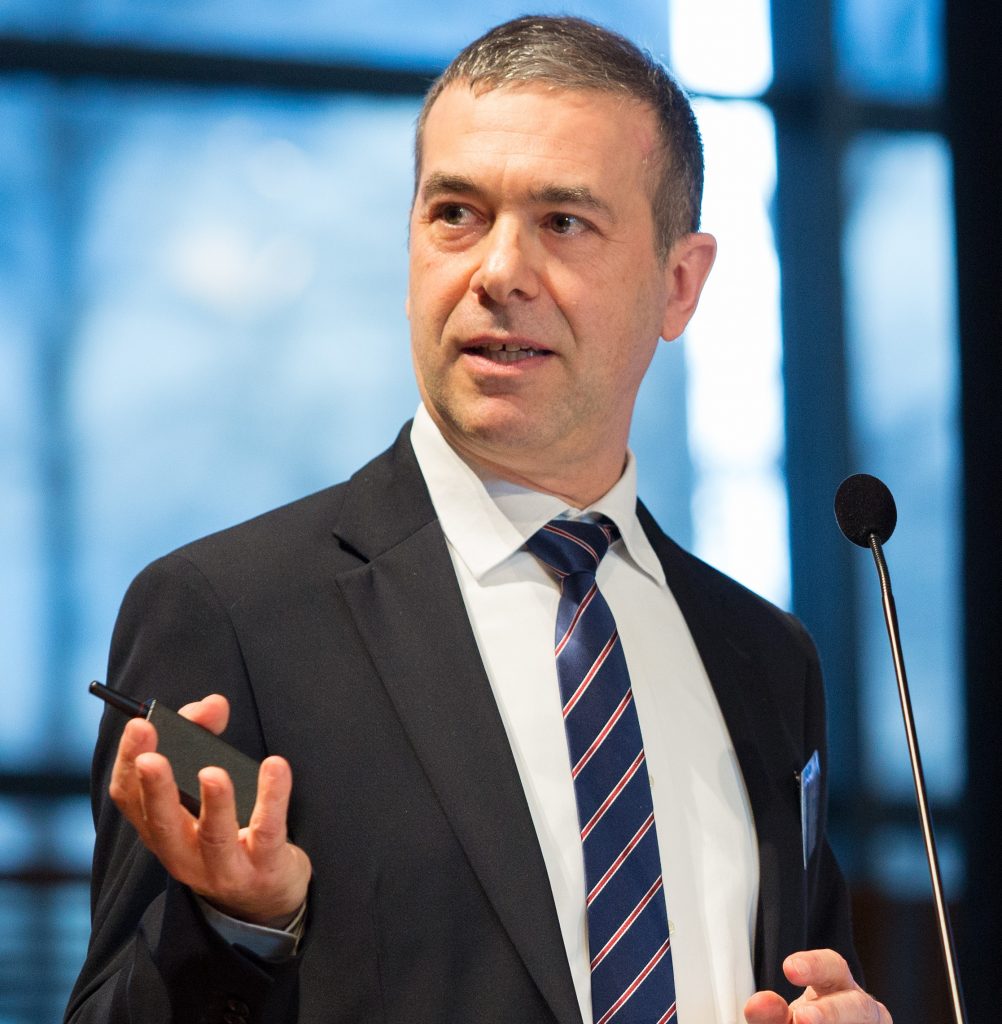
DIVERSITY MANAGEMENT - Giacomo Mazzariello interviews Giorgio Cavalleri
By the Editorial staff
Giorgio, in what way, at Chiesi, have we tied the topic of skills to company values?
For a company like ours, technical skills play a central role, but leadership models have become increasingly important, with regard to the topic of empathy or inspirational leadership, for example. What makes the difference today is purpose, the meaning you assign to the things that you do, the human dimension of the organisation. In this sense, the very concept of leadership skills is evolving, becoming our common heritage. This is why we have redesigned the company values, the basis of the company culture at Chiesi, the language and the common feeling of being together, collaborating and taking care of each other. It is on this culture that we base the evolution of competencies, a framework within which everyone can express themselves freely.
How are teams put together?
I believe that the basic element of organisations is not the individual, but the team. And diversity, or rather variety, is fundamental to generating discussions and value. That's why in recent years we have progressively sought to include colleagues who represent various geographies and functions, so as to create increasingly international and diverse teams. The more variety we have in our teams, the better they work, provided we can understand each other. Hence the importance of values.
What does individual responsibility have to do with the skills of the individual?
When we talk about training, I am convinced that the paradigm has changed: each of us is the protagonist in our own development. You are the one who, with the resources at your disposal, get active and devote time and effort to a topic that mainly concerns yourself, but also the organisation.

What does the training we provide to our employees look like?
Traditionally, training offers a catalogue of courses, locally or globally, based on defined priorities: Organisational Culture (Values & D&I), Development (the aforementioned leadership skills), technical skills according to professional sector, GxP and compulsory courses. Today, courses take place long-distance or through e-learning. But the evolution of needs and technologies provides a glimpse of a significantly different near future: it will be an approach based on personalisation, creating a pathway that leverages the network and knowledge of the individual and the team.
How has being a Certified B Corporation® changed our vision at Chiesi with regard to talent, skills and relationships between individuals?
It has had a huge impact. Today, in everything we do, we consider our impact and responsibilities towards society and the planet. B Corp certification has also inspired our new values and shaped our organisational culture. We want to build a working environment where everyone feels at home, where they can express their talents, grow and feel valued. To achieve this, we have a plan that follows various steps, from D&I Education to Gender Mix, to the new Wellbeing Policy.
The concept of Critical talent: what does that mean for us, concretely?
At Chiesi we believe that everyone has a talent, which is why we work to ensure equal opportunities for growth. However, personal characteristics sometimes allow people to grow faster and into roles and responsibilities that are critical to the success of the organisation. These people are what we call Critical Talents, for whom we are developing specific programmes.
Is it true, in your opinion, that men and women have different skills or is it perhaps a bit more complex than that?
It is natural to think that there are differences linked to gender, but the point, in my opinion, is not so much – or only – to associate men and women with different skills, but to recognise, beyond the stereotypes, a difference in style and way of thinking, of interacting, of viewing the world. And these differences can also go beyond gender. There are women at high organisational levels, for example, who I would associate with a male leadership style. I think it is useful to start thinking beyond just gender.

Giacomo, now I would like to ask you a question. What kind of corporate culture have you found at Chiesi and how has it changed since your arrival? What is your vision for the next five years?
I found an organisation with a strong and well-defined identity, a real community, competent and dedicated people, with strong ethical principles who are proud to be a part of this big 'family'. However, in my opinion, there was no single point of reference in terms of values and leadership style. This was also reflected in the relationship between headquarters and various branches; sometimes there was distance between them. It was necessary to work on communication and transparency to promote more inclusive and participatory leadership at the global level. Over the last two years we have been working on these very concepts, in a process that you described brilliantly earlier. The first results can already be observed, but it is clear that when it comes to mindset and culture you need perseverance and patience to achieve long-term results. When I envision our company five years from now, I see further confirmation of this path: an inclusive work environment, where people feel free to express their talent, where there is creative energy, a place to grow. I would like every colleague of ours, regardless of their role or job, to be able to identify with our purpose: to generate a positive impact on society and, above all, to improve our patients’ quality of life.